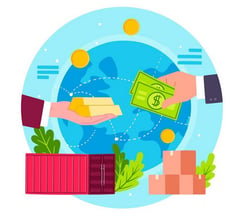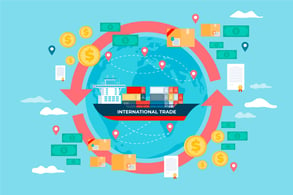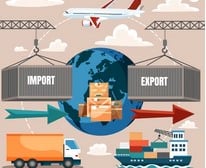



.


Our Services :
Trade Financing Solutions
Corporate Bank Account Opening
Supply Chain Financing
Our network with bankers can help clients with a range of financial products and services designed to facilitate financing and secure cross-border transactions on international trade between buyers and sellers.
We assist clients in the opening of corporate bank account with the network of banks whom we collaborate, where they can their company’s financial transactions, such as receiving payments, making payments to suppliers, handling payroll, and managing cash flow. Write your text here...
We connects you with bankers who can arrange supply chain financing for purchase of raw material sourcing and integrates suitable payment modes to suppliers, manufacturers, distributors, and retailers, to ensure that goods and services flow smoothly, efficiently, and cost-effectively across China and Europe..
Importance of Cross Border Transactions.
Cross-border transactions are essential for the global economy as they facilitate the exchange of goods, services, and capital between different countries. These transactions have grown in significance with the rise of globalization, helping to create interconnected markets and drive economic growth.
Talk to us, we are here to listen.
.








